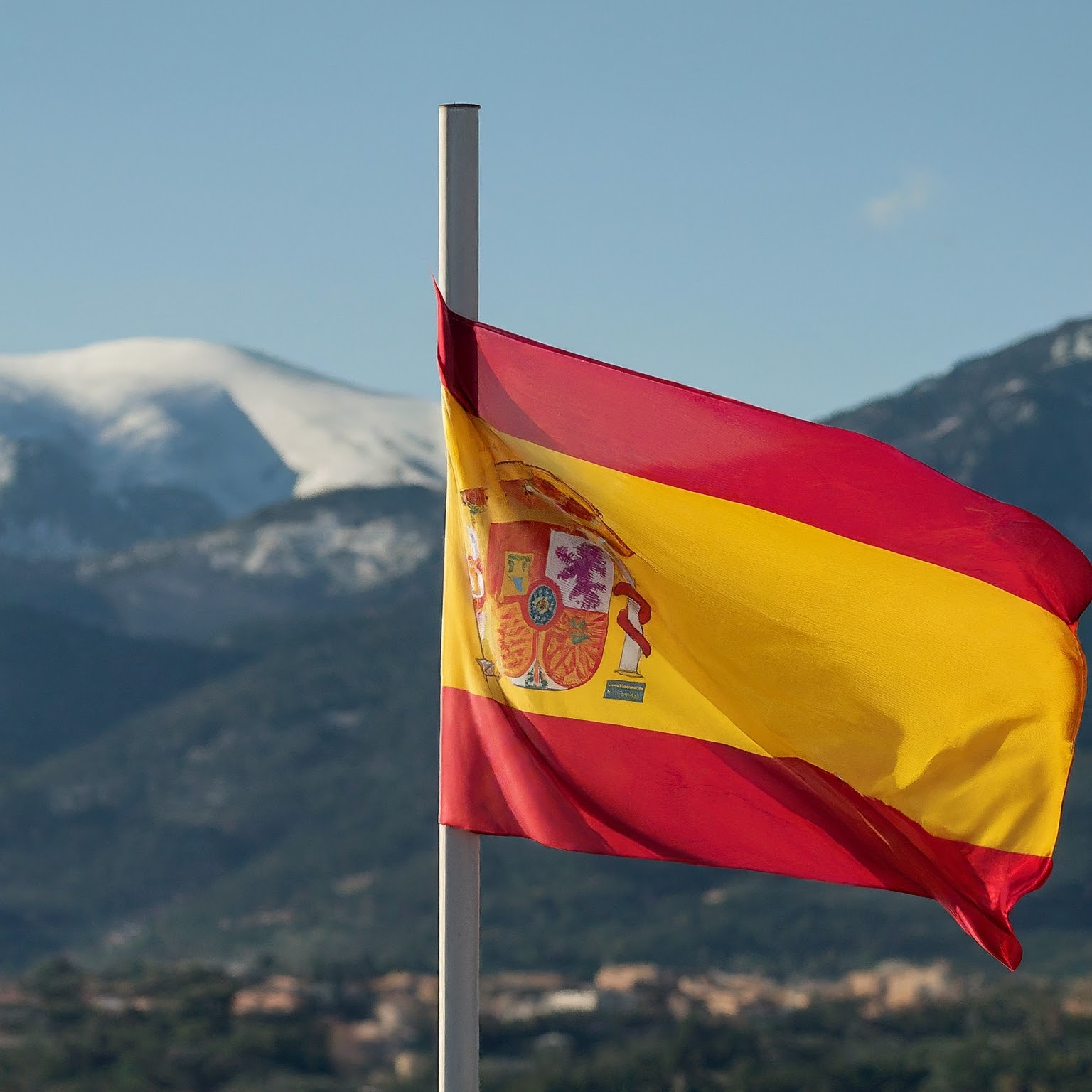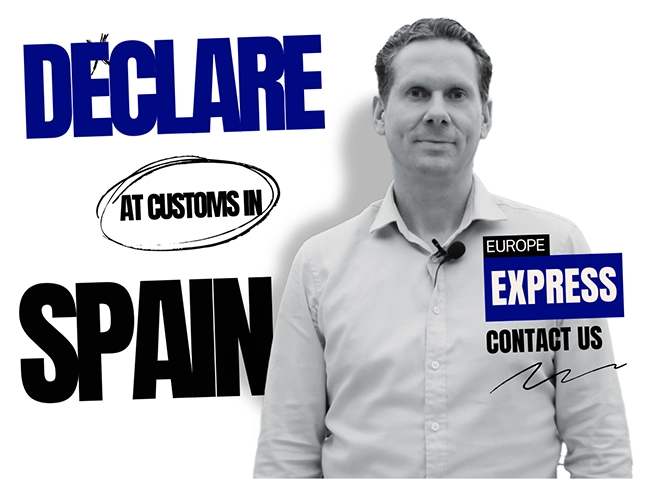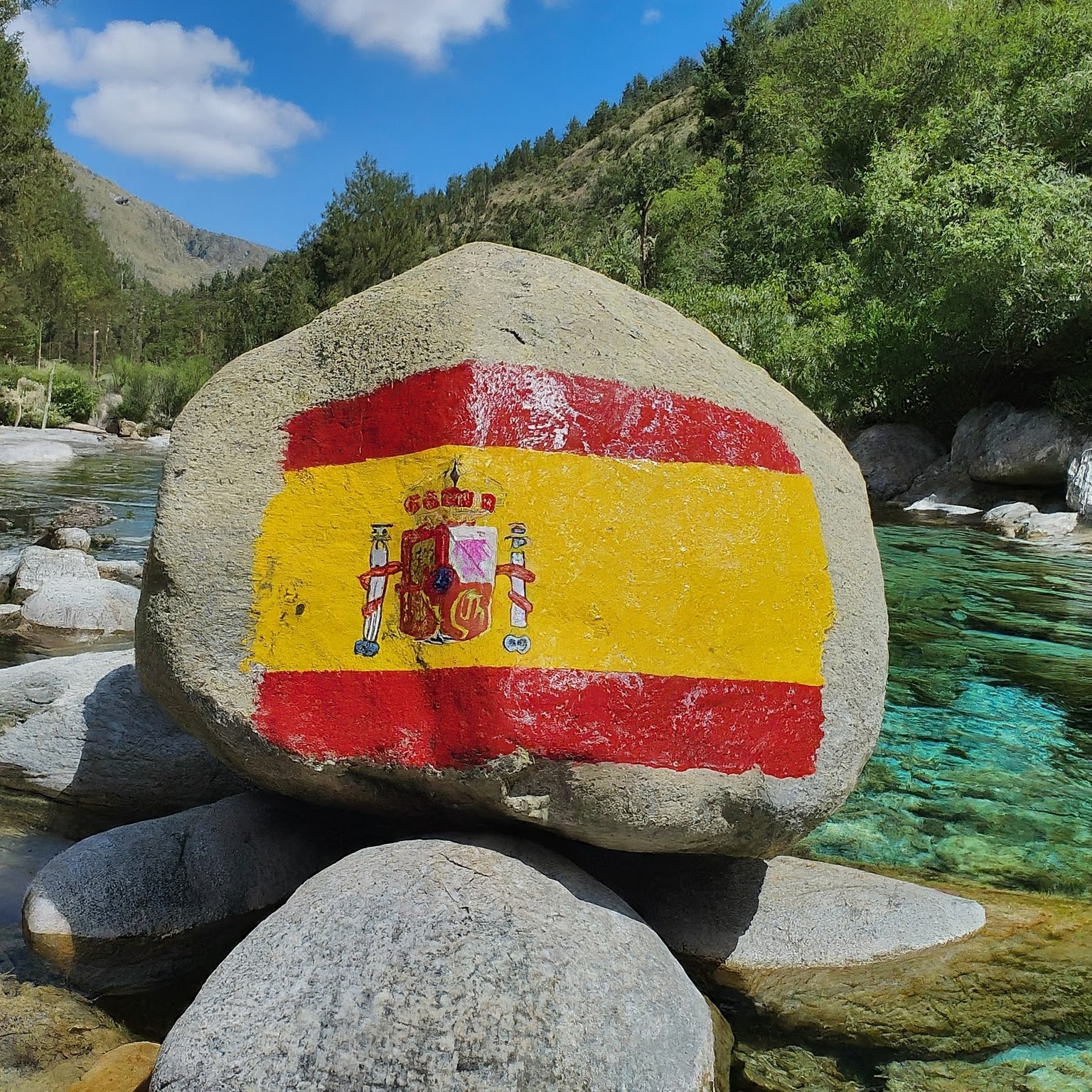What Do You Have to Declare at Customs in Spain?
With a few clicks, experience
the best in customs clearance service and get the job done fast.
Start by filling out the form below. It’s as easy as that!



